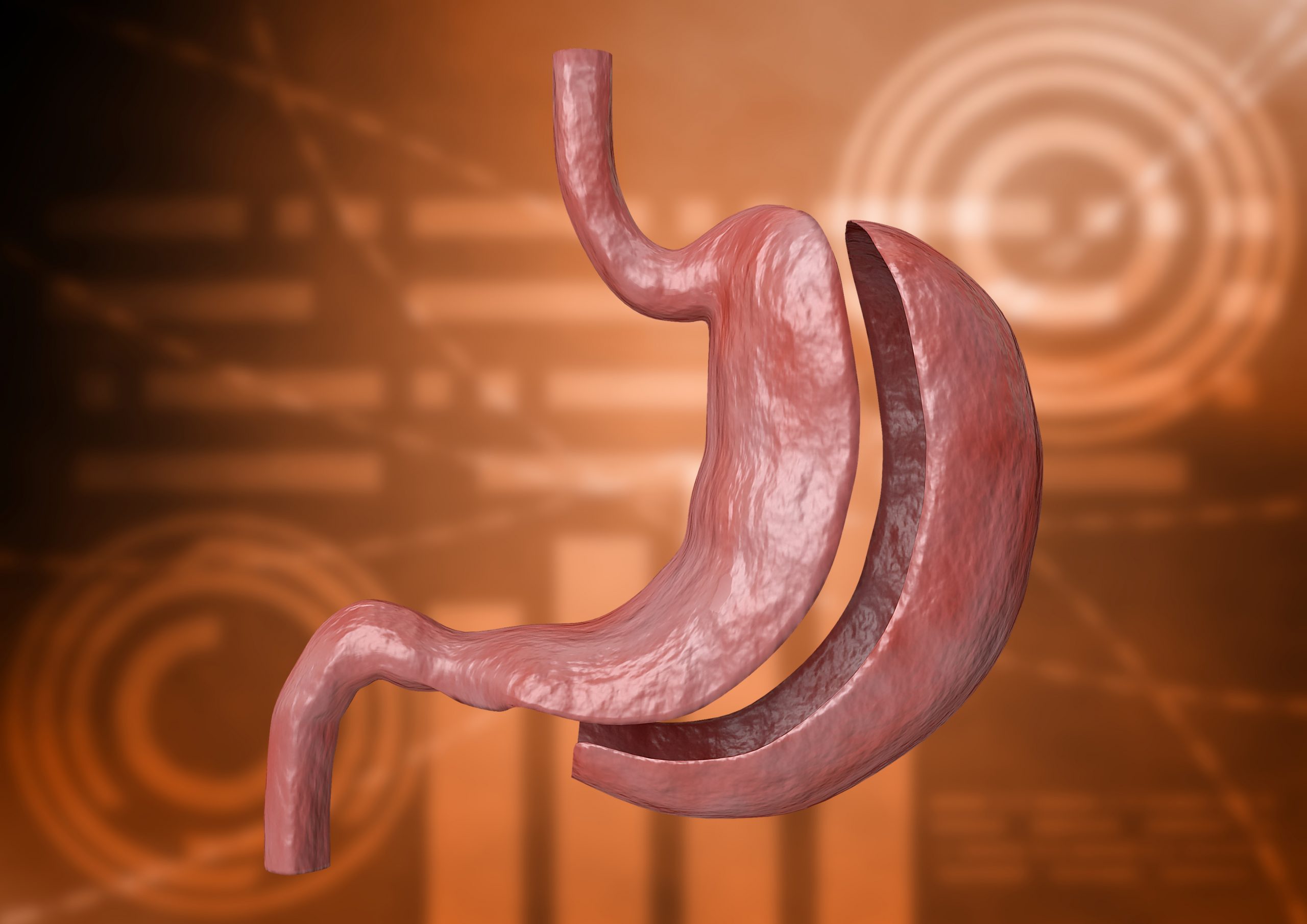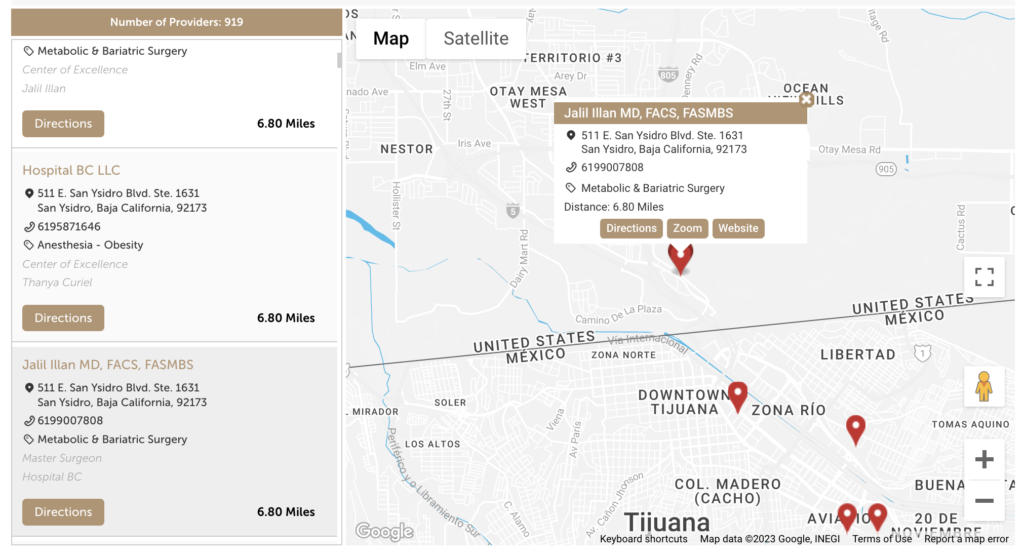Bariatric surgery is a highly involved surgery that takes some time to recover from. This, however, tends to be worth it for patients who have dealt with lifelong obesity and have been unable to correct it.
But what is recovering from surgery like?
Physical Changes
All types of bariatric surgery are inpatient procedures that require a few days in the hospital to recover.
You will need to take a few weeks off of work post-operation, and have your surgeon recommend a time for you to return to work based on the difficulty of your surgery.
Eating will become very difficult, with some foods causing nausea, vomiting, and abdominal pain.
Be sure to walk around for a few minutes every few hours to avoid the risk of deep vein thrombosis, a dangerous blood clot that could travel through the bloodstream and block off important functions, resulting in embolism.
Diet While Recovering from Bariatric Surgery
The diet is going to be a very important part of recovery, while also being the primary driver of initial weight loss.
Because your digestive system has been changed, you will not be able to eat much in the following months after surgery. Your calories will be drastically reduced and your body’s ability to absorb nutrients will be reduced.
The first stage, you’ll only be drinking clear liquids. Essentially, you’ll be on a water fast with a few other soups and beverages allowed to provide necessary sodium and potassium.
In the second stage, you’ll only be allowed to eat pureed foods. For this reason, you’ll want a blender or liquidizer.
The third stage has you eating soft foods such as ground meats and scrambled eggs. You’ll be taking in more nutrients in this phase.
The last stage has you slowly reintroducing other foods. However, you will be unable to eat greasy, fatty, fried foods along with foods that have difficult particles to digest like popcorn.
Medications
If you take any medications, you will need to let your bariatric nurse or your surgeon know. This way, they can tell you which medications you will need to keep and which you will need to come off.
For women, birth control is a must as pregnancy will be very difficult and risky during the first 12 months post-op. If you are having bariatric surgery in order to lose weight to better accommodate a pregnancy, you will need to discuss this with your surgeon.
Emotional & Mental
Bariatric surgery is not easy to recover from, and reintroducing food will be a difficult process sometimes.
Particularly, there are emotional changes that come with losing weight rapidly. Hormonal changes may cause mood swings and changes in energy levels.
More than anything, you will notice that food plays a very different role in your life post-op. For many obese patients, food was used as an emotional regulator and for support. Bariatric surgery removes this role and for this reason, it can feel like you are losing something important in your life.
Many obese patients also are self-reported food addicts, and with any addiction, there is a risk of replacing one with another.
Make sure to have a psychologist screen you for potential mental health issues before surgery, so you can have a plan for dealing with them as you recover.
If you are having difficulty with weight loss, don’t worry: there are stages where you will plateau and this is completely normal.
In Summary
- Bariatric patients can expect to take a few days in the hospital, and have to spend 2-3 weeks off work to recover.
- The diet is highly restrictive and is closely monitored by a doctor.
- Bariatric surgery is difficult to recover from emotionally, and many will need professional help for their mental health.






